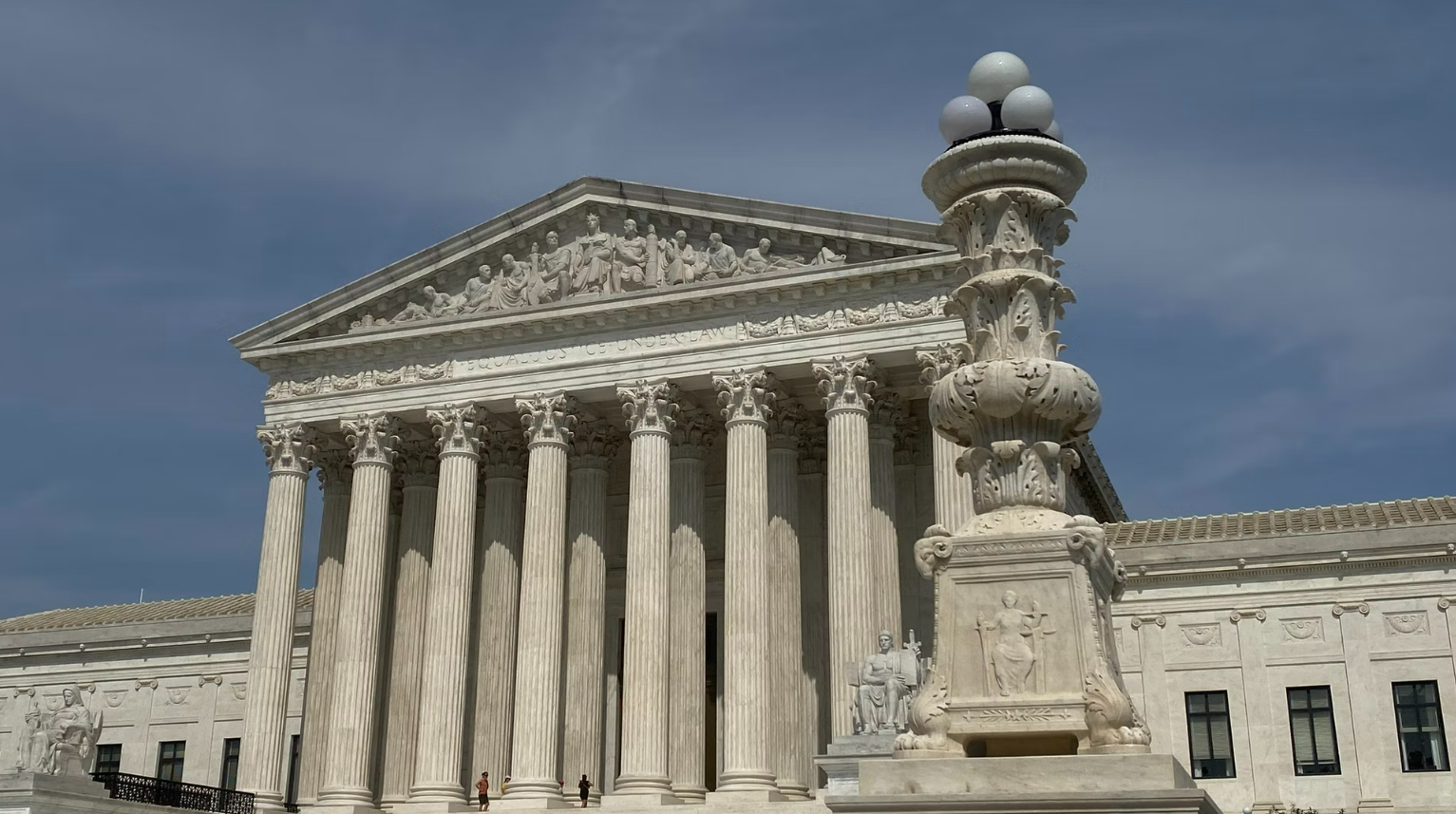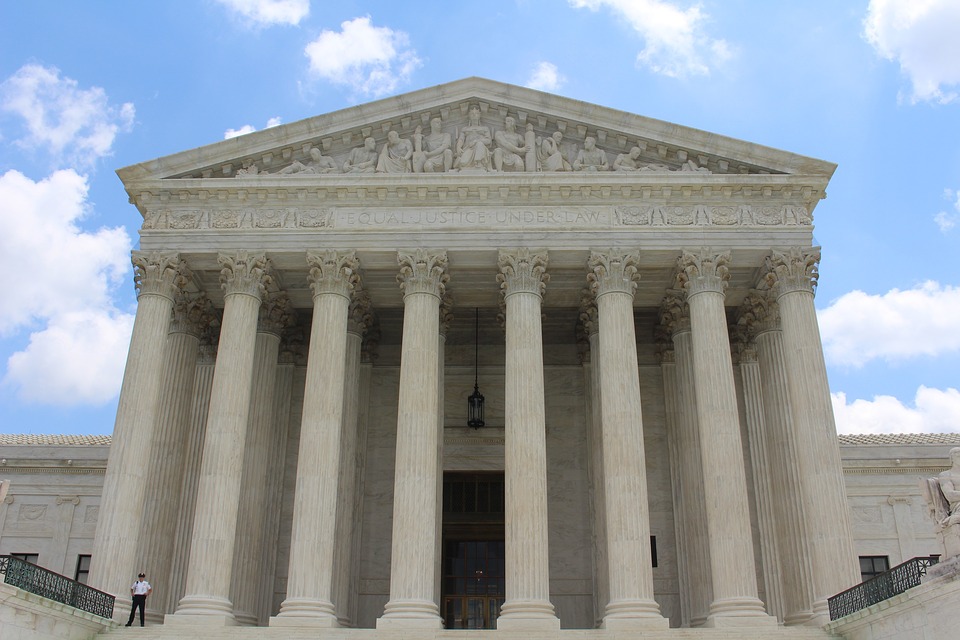Back to School Basics: What To Do When the (Campus) Police Come Calling
College s and universities are starting their fall semesters, and orientation for incoming freshmen is well underway at many schools. One area that is not likely to be covered in orientation is students’ rights in encounters with police. While most students go through their entire college career without interacting with police, if you do, you should know what rights you have. This blog will discuss those rights in the context that is the most likely one where students might interact with police (sexual misconduct matters), but the rights you have apply to any interactions, on or off campus. You should know those rights. Just as important, you should know the limits of those rights. CONTINUE READING ›
s and universities are starting their fall semesters, and orientation for incoming freshmen is well underway at many schools. One area that is not likely to be covered in orientation is students’ rights in encounters with police. While most students go through their entire college career without interacting with police, if you do, you should know what rights you have. This blog will discuss those rights in the context that is the most likely one where students might interact with police (sexual misconduct matters), but the rights you have apply to any interactions, on or off campus. You should know those rights. Just as important, you should know the limits of those rights. CONTINUE READING ›
 Boston Lawyer Blog
Boston Lawyer Blog














